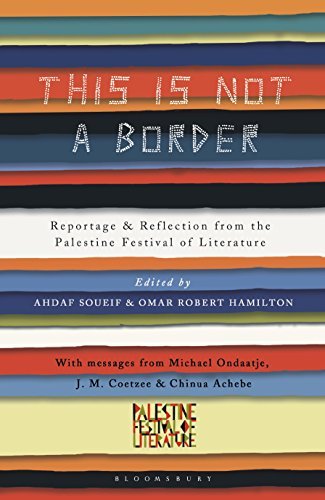What do you think?
Rate this book


353 pages, Kindle Edition
First published July 18, 2017
I don't succeed in escaping; always worrying for my family and thinking of the death that seeks them. We were born during war and we die during war. What we live are moments stolen from the devouring mouth of death.
— Atef Abu Saif.
International law is clearly for internationals only.
By now, a seven-year-old in Gaza have survived three wars already, and you're still talking about talks, and sending John Kerry to the Middle East and thanking Egypt for facilitating nothing.
There's more blood than water today in Gaza.
—Jehan Bseiso.
White phosphorus.
The lights with a flare and six burning stars fall to the ground and one lands on you, you're running but it's on you and your skin and you smell it burning smell your flesh singeing and water won't help water won't put it out it just burns and burns deeper through you.
No.
We need a new language. The old one has been corrupted.
They have engineered the Red Cow.
Burning gas falls from the sky.
They are building.
We need a new language.
Negotiated settlement, natural expansion, security barrier, internal refugees, defense forces, seam zone, blockade, conflict, humanity, democracy, dialogue, peace.
—Omar Robert Hamilton.
... the notion that Palestinians are not human beings at all, not even animals, but germs, or a virus that must be isolated and destroyed.
—Jamal Mahjoub.